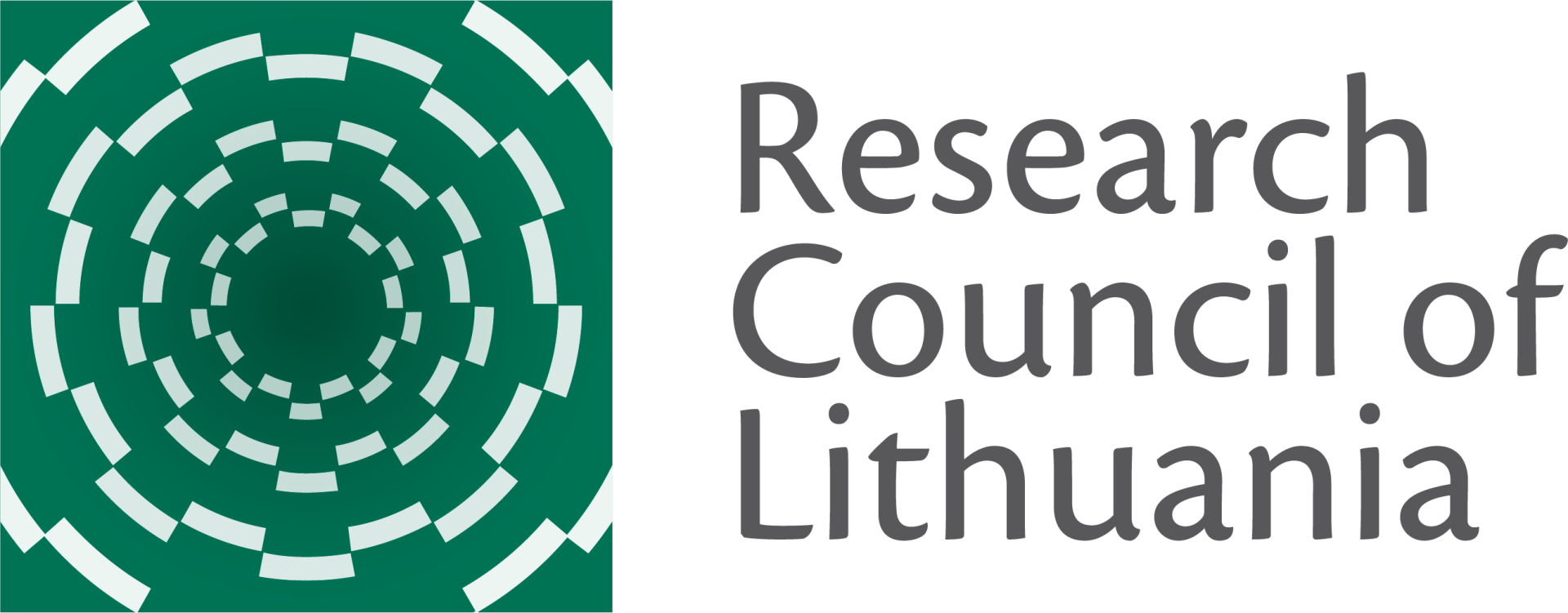Project idea
Every year, more and more migrants from the Middle East arrive in Lithuania for various reasons. In the course of geopolitical processes, they often become a tool of threat to national security, while a look at Lithuanian attitudes towards immigrants shows that migrants from the Middle East are seen as the least favourable migrants after the migrants who crossed the Lithuanian-Belarusian border in 2021.This research project aims to use ethnographic methods to better understand how immigrants from the Middle East region build their identity in Vilnius through social and economic connections. There is a noticeable increase in the number of Middle Eastern themed restaurants and small shops in the districts of Vilnius, which allows for the exploration of the businesses and economic ties created by immigrants. Integration programmes provide an opportunity to get to know immigrants and better understand their social ties. More broadly, the case of Vilnius is part of the migration processes taking place in neighbouring and other countries. Examining the manifestations of everyday migration in one city allows us to highlight the global challenges of migrant integration.
To achieve the aim of the research, the following tasks will be carried out: literature and theories will be analysed in the Lithuanian and foreign contexts, in particular on immigrant communities in one city. The theoretical framework is formulated and the research problem, question and objectives are refined. Then the field research will be carried out: observation of immigrants in their communities and in the spaces of Vilnius, interviews and photographs. The collected data will be analysed and summarised, presenting how immigrants from the Middle East build their identities in Vilnius through social and economic ties. The results of the research will provide a better understanding of the socio-economic circles in which immigrants participate, their choice of professions and their experiences in setting up and managing businesses; as well as the reasons that encourage or inhibit immigrants' connection to ethnic and regional groups and the creation of ties with Lithuanians.








